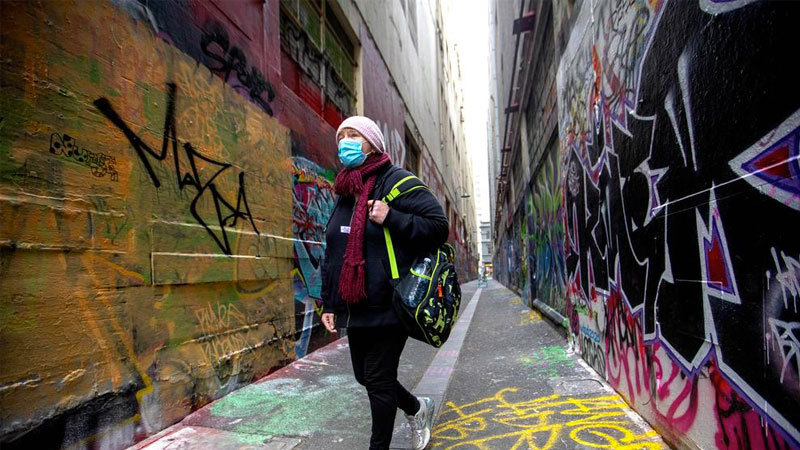Victoria Pushes Rent Evictions Out to 2021
Landlords in Victoria will be unable to evict tenants until late-March under a further extension to the state’s eviction moratorium.
The moratorium, which was introduced in late March and recently extended to expire at the end of the year, bans landlords from evicting tenants under financial stress caused by the coronavirus economic downturn.
“We know there are plenty of Victorians doing it tough right now,” Victorian premier Daniel Andrews said.
“The last thing they need to worry about is whether they can keep a roof over their head.
“With an extended timeline and expanded eligibility for rental help, it means a little less stress and a little more certainty for tenants.”
The rent extension comes as premier Daniel Andrews announced the state’s highly-anticipated roadmap out of stage 3 and 4 restrictions on Sunday.
As expected, metropolitan Melbourne’s stage 4 restrictions will continue for two weeks from 13 September.

Eligible renters will also be able to apply for relief of up to $3,000—an increase from $2,000, while the asset threshold test for support has doubled to $10,000 in assets.
Landlords who provide rent relief to tenants impacted by Covid-19 will be eligible for 2021 and 2020 land tax relief.
Landlords and tenants not significantly affected by coronavirus are expected to honour their leases and rental agreements.
Consumer Affairs Victoria has received more than 93,000 requests from Victorians seeking assistance with their rental arrangements, with about 32,000 rent reduction agreements in place at an average weekly discount of 24 per cent.
The Reserve Bank’s August monetary statement found that nationally around 5 per cent of tenants have obtained rental discounts during the pandemic period, with instances of rent deferrals being much higher than normal.
Victorian treasurer Tim Pallas said Consumer Affair Victoria will now increase its assistance in helping landlords and tenants arrive at rental agreements.
“[That means] both parties can work together in good faith to reach an agreement that both parties are happy with and in the event that they need assistance.”
“They can be assured that that assistance will be there to help them to come to a meeting of minds about what constitutes fair and recast arrangements in the current environment.”
Tasmania has also announced an extension to the state's moratorium on rental evictions, which was due to expire on 30 September, to now conclude on 1 December.
Across Tasmania, eligible tenants can receive up to four weeks' rent from the state government's Rent Relief Fund up to a maximum of $2,000.
“With the time frame for the initial moratorium on rental evictions fast approaching tenants, landlords and agents are eagerly awaiting responses from each state and territory government,” REIA president Adrian Kelly said.
“Tasmania has outlined a sensible and pragmatic framework with a very clear signal for other jurisdictions less affected by Covid to look at carefully.”
In South Australia, where the commercial tenancy measures expire on 30 September, policymakers said extensions would be carefully considered in coming weeks.
Western Australia is continuing to monitor the economic situation, with plans to make a decision on whether to extend its tenancy provisions before the end of September.















